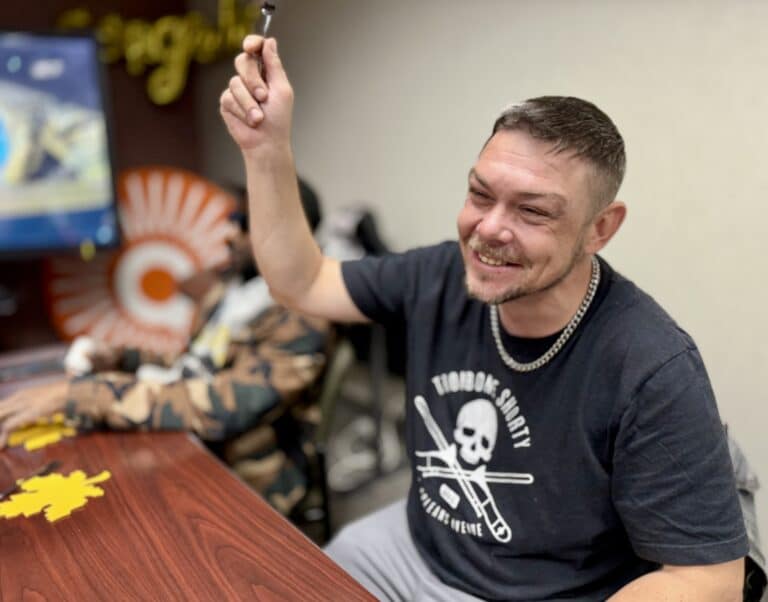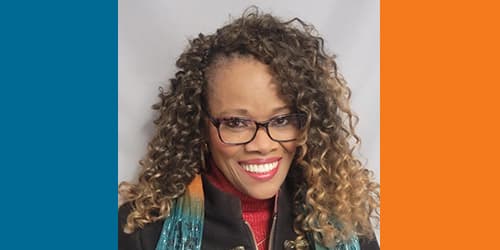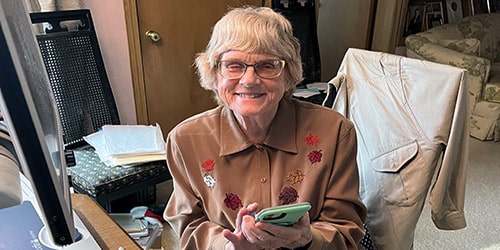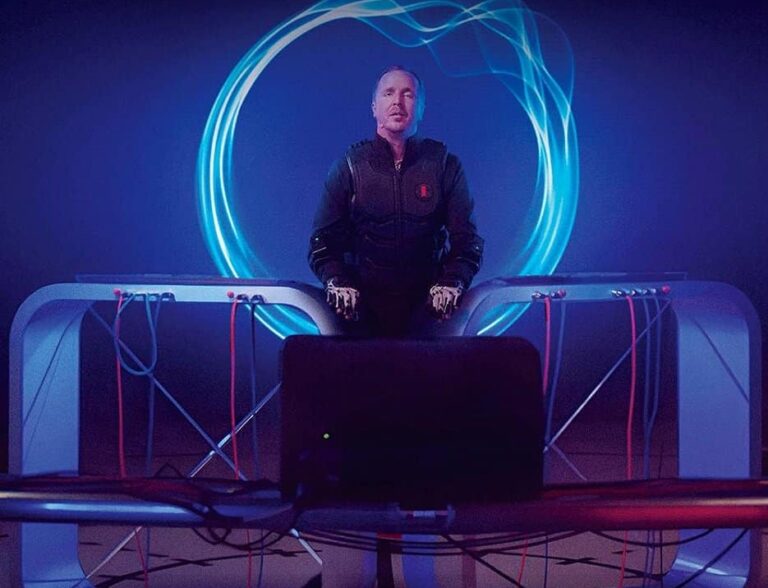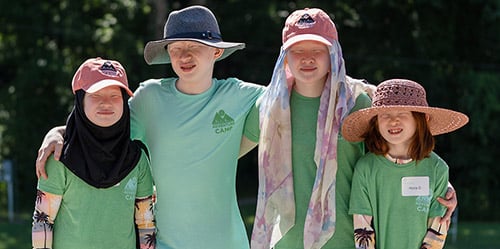Through Our Eyes: Climbing the Mountain
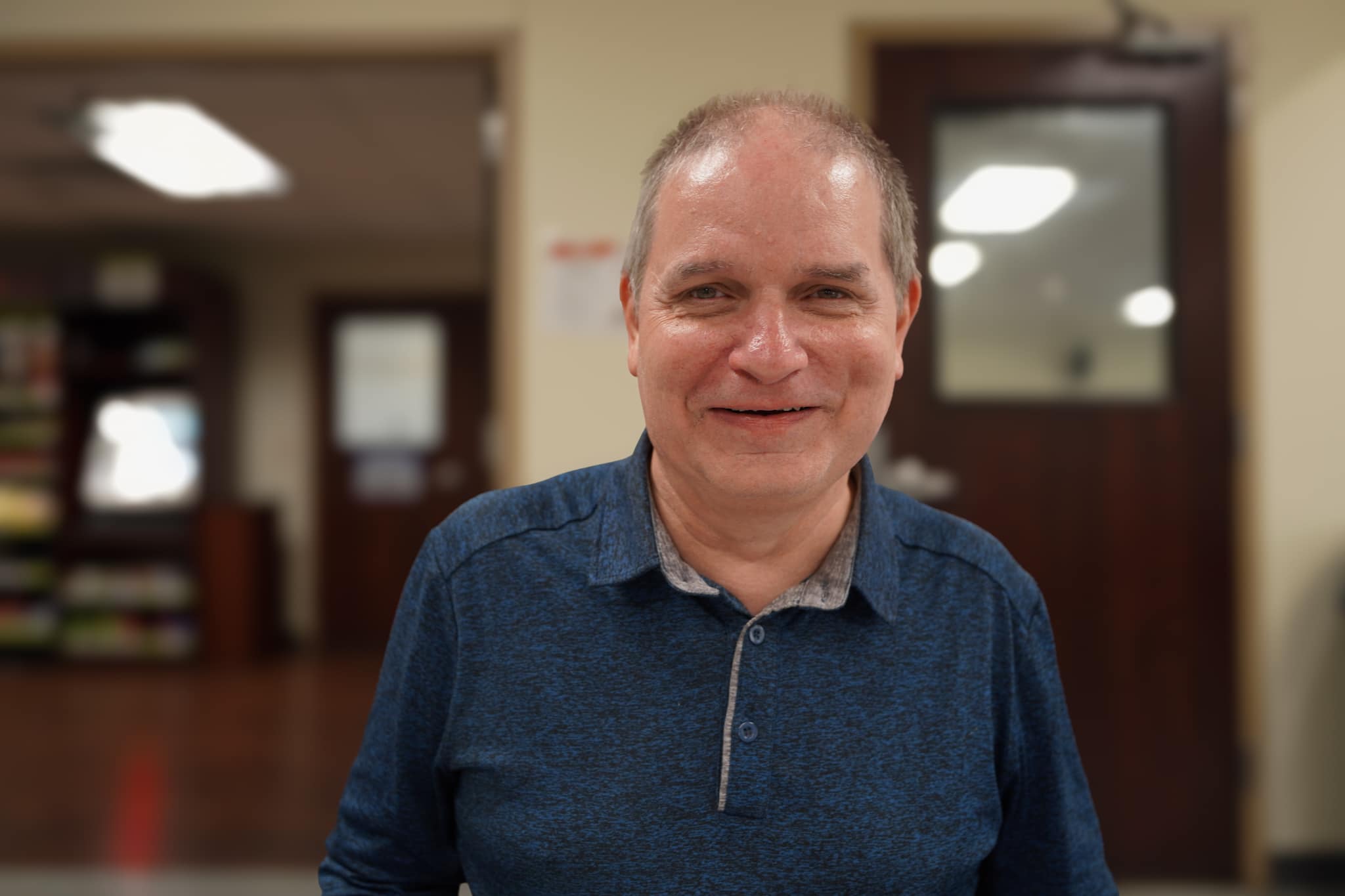
“I may not be able to see the mountain, but I think I might like to climb up it.” Randy Becker.
In the year 1982, at roughly 6:00 in the morning, in the KCMW studio located on the Central Missouri State University campus, (KCMW being an affiliate of NPR and APR radio, which is no longer in operation) a young college student is about to begin his 4-hour shift in the broadcasting studio. He signs the station on the air promptly at 6:00 AM, cues up the jazz records that will be used for that morning’s show, threads a reel-to-reel machine, organizes cartridges, and types up notes on the community calendars and weather forecast. To most, these tasks might seem trivial, even mundane to those who are familiar with them, but what separated Randy Becker from other early-morning disc jockeys was that the one task he neglects upon entering the studio: to turn on the lights. Randy worked in the dark, cuing up records by feel and memory, working the sound board with his ears and typing up community calendars and weather forecasts on a braille writer, because For Randy, the lights made no difference.
Randy Becker was borne in Austin, Minnesota. He was the youngest of six children who then grew up on a farm in Iowa, located just on the Iowa/Minnesota state line. Randy was born with retrolental fibroplasia (now known as Retinopathy of prematurity) which was the leading cause of blindness in children in the United States. The cause of this disease is premature birth, where the infant is born before the retinal vessels complete their normal growth. As a result, Randy has always been able to see nothing but light and darkness.
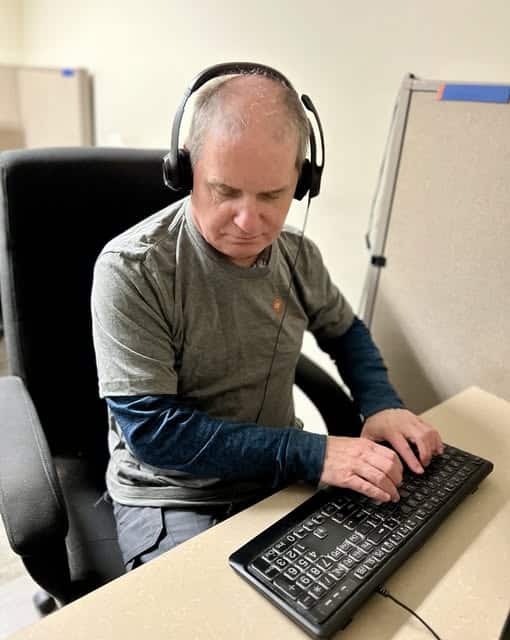
“I really didn’t even know or think about that, because my parents would let me play and go out and do things that other kids would do. My parents said I might have hit my head once or twice when I was two-years old, but I would just keep on running,” he adds while discussing the early years of his life with blindness.
At age 3, Randy and his family moved to Colorado where Randy would attend the Colorado school for the blind for two years. When asked why he was there for such a short time, Randy responded: “I missed having a home life, and being able to be around my siblings and my parents. So after first grade, I entered into mainstream public school.”
A Focus on Information Technology
Upon entering into his freshmen year of college, Randy’s plan was to study computer information systems. With no adaptive technology or screen readers currently available, Randy utilized the services of a biology student to act as his eyes while he worked on computers. That worked for a while, but it wasn’t long before Randy began to rethink this career path and found his way into the local NPR/APR affiliate station, conveniently located on the university campus.
Randy met his wife while attending college, and they were married in 1985. Randy’s wife would become pregnant, but sadly they would lose the child while both were still in school. “I would like to say that it grew me up, but it was definitely a big step in my life, and I had to make some serious decisions, and my life changed.”
Later, Randy’s daughter, Sarah, came along, and his days were filled with attending class and working the radio station during the day, and going home to help his wife take care of his daughter at night.
The couple both graduated and moved to Kansas City, where Randy would struggle finding work in radio broadcasting, so he spent some time in telemarketing. “I sold everything from light bulbs to fruit cakes, to tickets to policemen’s events.”
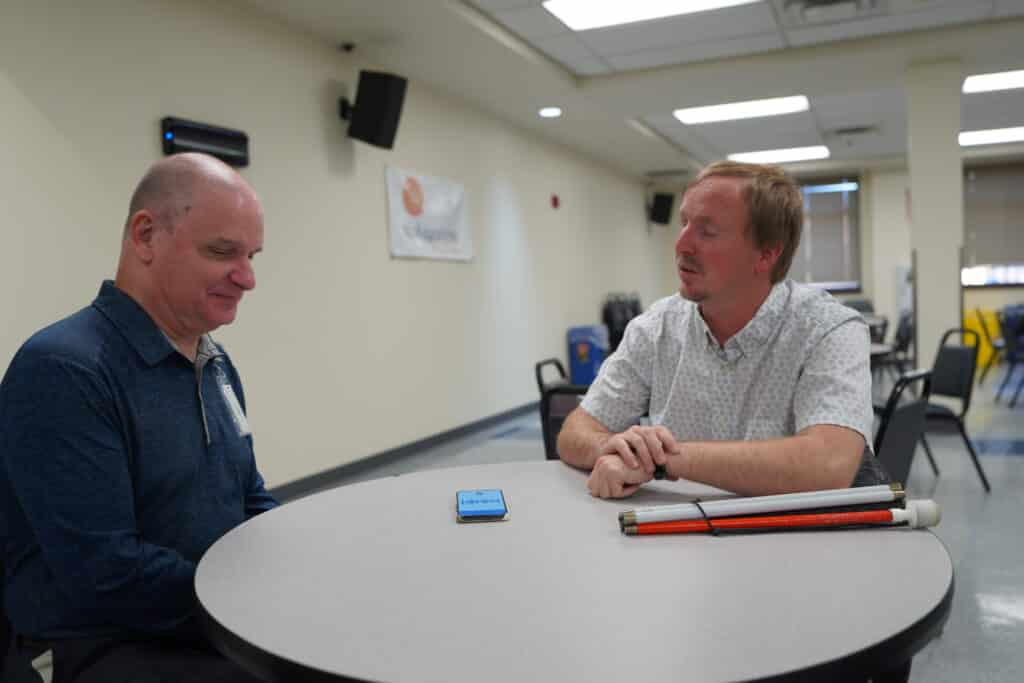
when I interviewed him for this story.
Back in the Broadcast Booth
Randy would catch on with a Kansas City based radio station in Overland Park. “It had a very similar infrastructure to what I was used to from college. So I went in on Saturday mornings and worked their part time for nine years.”
Eventually, Randy worked as a switchboard operator for the VA for six years, ultimately leading him to his current position at Alphapointe, where he works in the call center.
While speaking with Randy about his experiences living his entire life as a completely blind man, he spoke on some of the misconceptions that some people have regarding blindness.
“Sometimes people seem to think that I count steps all day. When in fact I walk through a new area and take time to memorize it.” Randy explains. “I utilize my cane and my memory to navigate, but I would lose track if I had to count steps all day.
“I want people to realize that I am living a life, a wonderful life. Sometimes I feel I have to make people feel comfortable with me, but I just need to be myself. If people are going to have pre-conceived notions, they are just going to have them, and the best I can do is interact with them as best I can.”
For those who have had the pleasure of coming into contact with Randy know they will never find a kinder and more genuine man. Randy is never seen without a smile on his face and a kind word for all with whom he comes in contact.
He has been a student, a husband, a father, a telemarketer, a radio broadcaster and now a call center expert. And if you ask Randy about his life, his many jobs and his accomplishments, he will just say in a rather off-handed way: “Well, I may not be able to see the mountain, but I think I might like to climb up it.”
